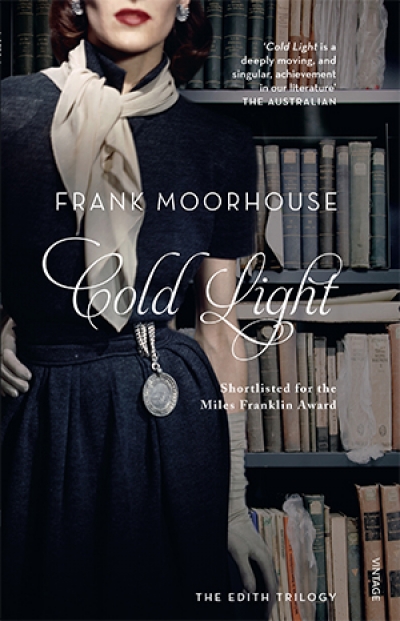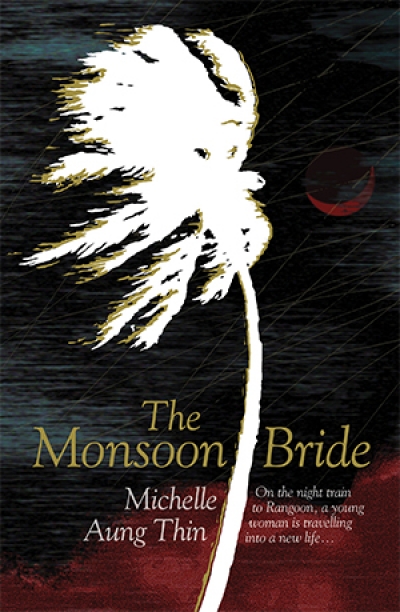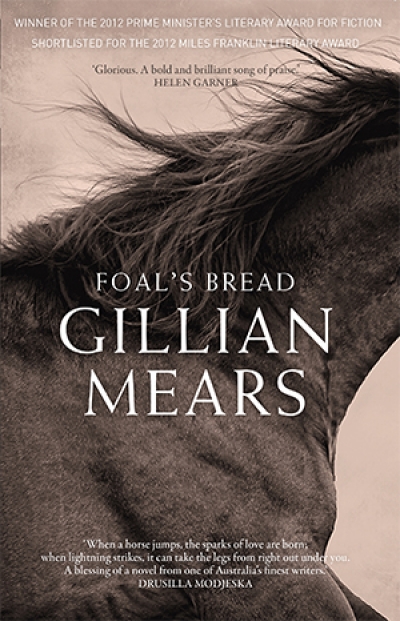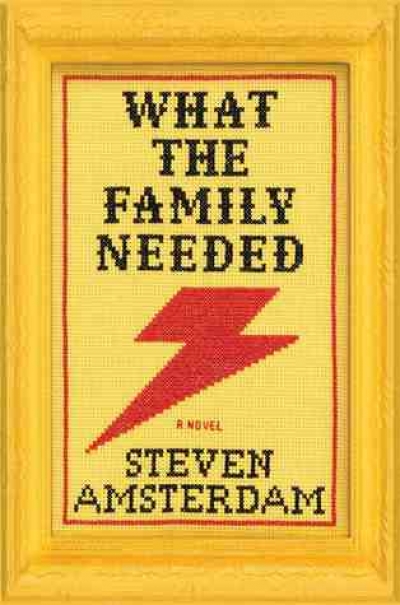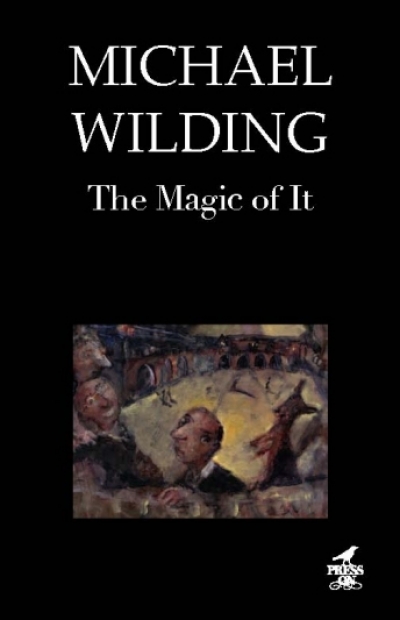Fiction
Diverse memories of childhood, ranging from Indigenous and migrant experiences to the Great Depression, permeate these evocative Australian picture books. Admired illustrator Bruce Whatley displays his range of styles in a pair of them; two others are set in Western Australia and Queensland. The potential danger of water is a disconcerting theme.
...Lloyd Jones’s Booker-shortlisted ‘breakthrough’ novel Mister Pip (2006) began life as a collection of random memories and myths written on a wall...
... (read more)Between the wars, the dominant mode of Australian fiction was the saga: tales of land-taking and nation-building, melodramas within families across generations, characters shaped by loneliness and obsession ...
... (read more)With book thirty-one arriving as its author approaches his seventy-eighth birthday, the numbers are stacking up for Philip Roth ...
... (read more)Admirers of the first two volumes in Frank Moorhouse’s ‘Edith Trilogy’, Grand Days (1993) and Dark Palace (2000), will remember the gripping and heartbreaking scene at the end of Dark Palace in which Edith Campbell Berry, her British husband, Ambrose, and several of their senior colleagues are humiliatingly informed, in the cruellest possible way, that after two decades of hard work for the now-defunct League of Nations, their presence is neither required nor welcome in the ranks of the new United Nations.
... (read more)Isaiah Berlin famously divided people into two categories: hedgehogs and foxes. The former know one big thing with absolute certainty; the latter know many small things. When it comes to writers of fiction, a parallel distinction might be made on stylistic grounds. There are some writers who cultivate a finely attuned personal style – a style that becomes unmistak ...
The historical novel has always been characterised by a formative tension – the demands of history versus the demands of story. The author is caught between relegating the past to a prettified background, or the characters to merely personified social forces. Michelle Aung Thin’s début novel tends more towards the former than the latter, illustrating both the dangers and the pleasure to be found in negotiating between these poles.
... (read more)Gillian Mears has been to death’s door and back. Her wonderful essay ‘Alive in Ant and Bee’ (2007) recounts the journey and the exquisite pleasures of her life as a survivor. Writing has taken a back seat, understandably, over the past decade or so. There has been a short story collection, A Map of the Gardens (2002), but a novel from Mears is quite an event, sixteen years after her last, The Grass Sister (1995), won the Commonwealth Writers’ Prize. It has been worth the wait. Foal’s Bread is a big and generous novel, set on a dairy farm in northern New South Wales in the mid-twentieth century: hard and often bitter times. In Mears’s world there is magic in the everyday, and portents everywhere.
... (read more)Here is a cliché to start your day: superhuman feats of strength. You find them in disaster stories and war epics, where desperate, adrenalised men push beyond the limits of human ability. Rescuers lift impossibly heavy rubble off earthquake victims; soldiers carry wounded comrades miles to safety. Such feats crop up in more imaginative forms in comic books, where the need to fight crime or save the world spawns the ability to fly or dodge bullets. In Steven Amsterdam’s ingenious What the Family Needed, the idea of exceptional abilities for exceptional times is applied to the family. Amsterdam seems to have posed the question: ‘what super powers would a family develop to cope with the emotional crises of everyday life?’ The answer is best summed up as superhuman feats of empathy.
... (read more)Declarations of loathing for the other members of one’s species tend to be tedious in reality but hilarious in fiction. The characters in Michael Wilding’s latest novel repeatedly prove this point with their mock-serious diatribes against, among others, the habitués of Sydney coffee shops (‘black-clad, metal-pierced creatures’), the patrons of English pubs (‘maggots … a rabble’), and virtually every kind of male university academic imaginable, from the caddish to the cadaverous. None of this ranting, however, has much effect on the novel’s straight man, the private detective Keith Plant (or ‘Research Assistant’, as his business card coyly puts it). For Plant – someone who has to deal with ratbags for a living – misanthropy is clearly no laughing matter.
... (read more)

